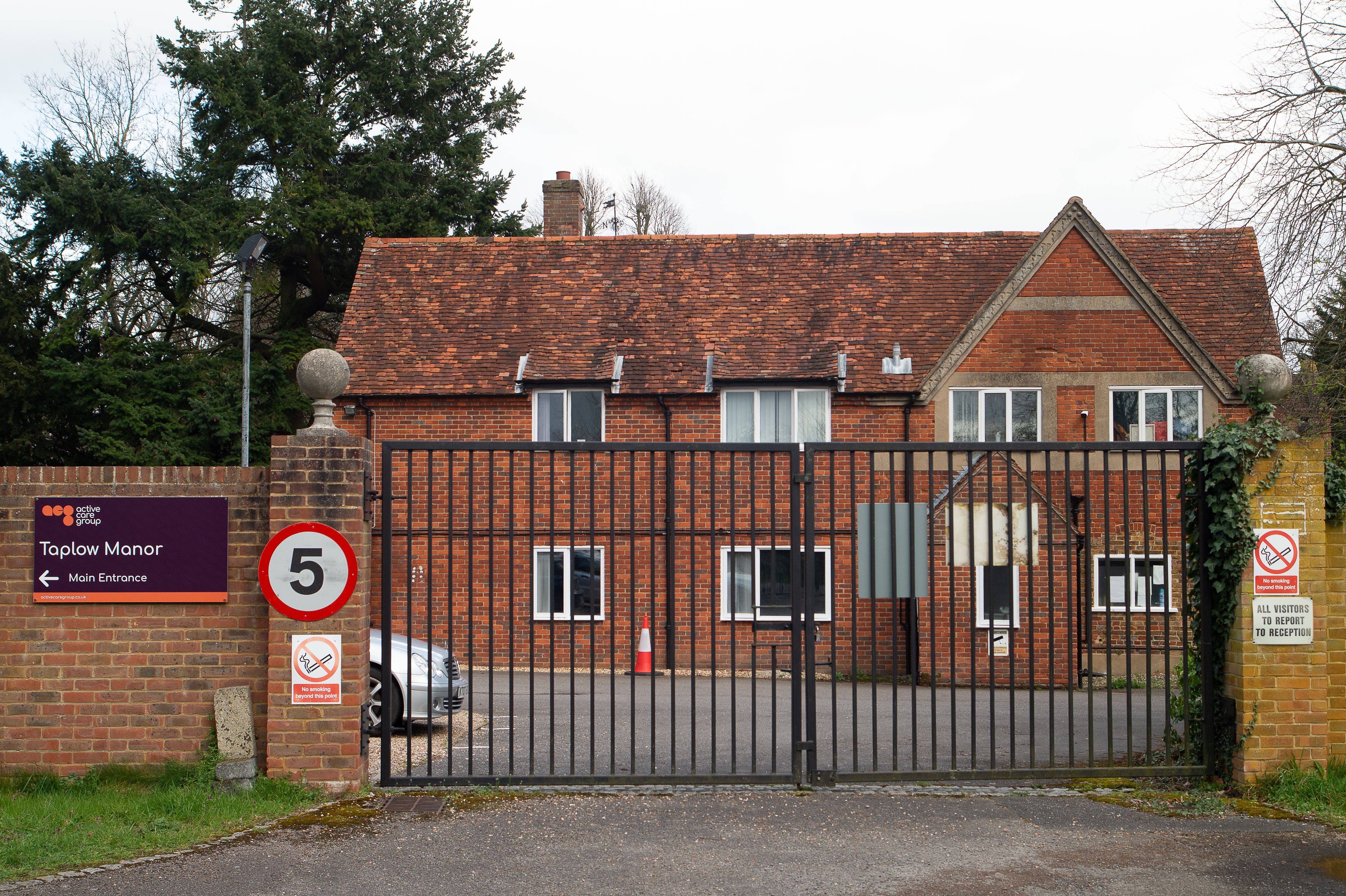Abuse of our mental health patients a stain on NHS
Editorial: The Independent exposed grievous conditions in the Taplow Manor facility – we welcome its closure, but there is still much to be done to tackle the systematic mistreatment of mental health patients

Normally, the closure of a mental health facility wouldn’t be something to be greeted with relief, let alone celebrated. The pressures on the long-neglected NHS mental health service are well known and, post-pandemic, the demand for treatment and residential care remains as high as ever.
However, the news that the end has finally arrived for the Active Care Group’s Taplow Manor facility in Berkshire is certainly something to be welcomed, if not celebrated. It follows a long investigative campaign by The Independent which exposed multiple shocking failures at the institution, marking it out as particularly inadequate in a sector traditionally poor at looking after its patients’ needs.
A private sector institution but linked to the NHS, Taplow Manor was the subject of “systemic abuse” allegations, uncovered by The Independent. The scandal wasn’t so much that the abuses took place, grievous though they were, but that it took the authorities so long to rouse themselves to action.
It is to be hoped that this type of indolence is rare and isolated, but one cannot be sure that there are people suffering from poor mental health today who are not being subjected to the same callous treatment. If so, then the example of Taplow Manor should serve as a warning to others that those responsible for inadequate care or abuse can and will be held to account; and, where necessary, their businesses will be shut down.
Taplow Manor’s closure was the result of months of mounting pressure on the owners after The Independent published a series of investigations uncovering allegations of widespread abuse from 50 patients and multiple claims from staff whistleblowers. The staffing levels were so low that patients were seriously harmed. Now Taplow Manor is facing a police investigation into the death of a 14-year-old girl last year, and another into the alleged rape of a child involving two staff members. It could scarcely be more serious.
After all of that, the Active Service Group was still planning to reopen as a unit for adults, until this misguided notion was finally quashed. The Independent’s investigations have led to 30 new clinical negligence claims by former patients against the Huntercombe Group hospitals.
Sadly, the saga only goes to show that mental health care remains something that is still regarded as far too distinct from physical illness, and somehow less real or serious. There have been scandals in other hospitals, notably in a string of maternity units across the country, which suggests that mental health isn’t the only arm of the NHS where troubling attitudes seem to prevail. But it is mental health that has been the Cinderella of the health service most consistently and indeed historically.
In recent years the government has tried to raise the profile of mental health, and a range of public figures, members of the royal family and celebrities have also been doing their bit to raise awareness.
That has certainly helped, as has the £150m of additional ring-fenced funding announced by the prime minister in January. As Rishi Sunak stated: “People in mental health crisis deserve compassionate care in a safe and appropriate setting. Too often, they end up in A&E when they should be receiving specialist treatment elsewhere.”
At the last Prime Minister’s Questions before the summer recess, Mr Sunak also promised to deliver by the autumn the comprehensive, cross-departmental suicide prevention strategy promised last year but not yet in place. It is a reminder that the most severe forms of mental illness are not just life-changing, but may be life-ending.
Mr Sunak was reminded by his colleague Sajid Javid, whose brother died by his own hand, that every 90 minutes in the UK, someone takes their own life. For men under the age of 50 and for women under the age of 35, this is now the biggest killer. That is also why we need to bring mental health care up to the standards usually taken for granted in every other field of clinical care.



Join our commenting forum
Join thought-provoking conversations, follow other Independent readers and see their replies
Comments